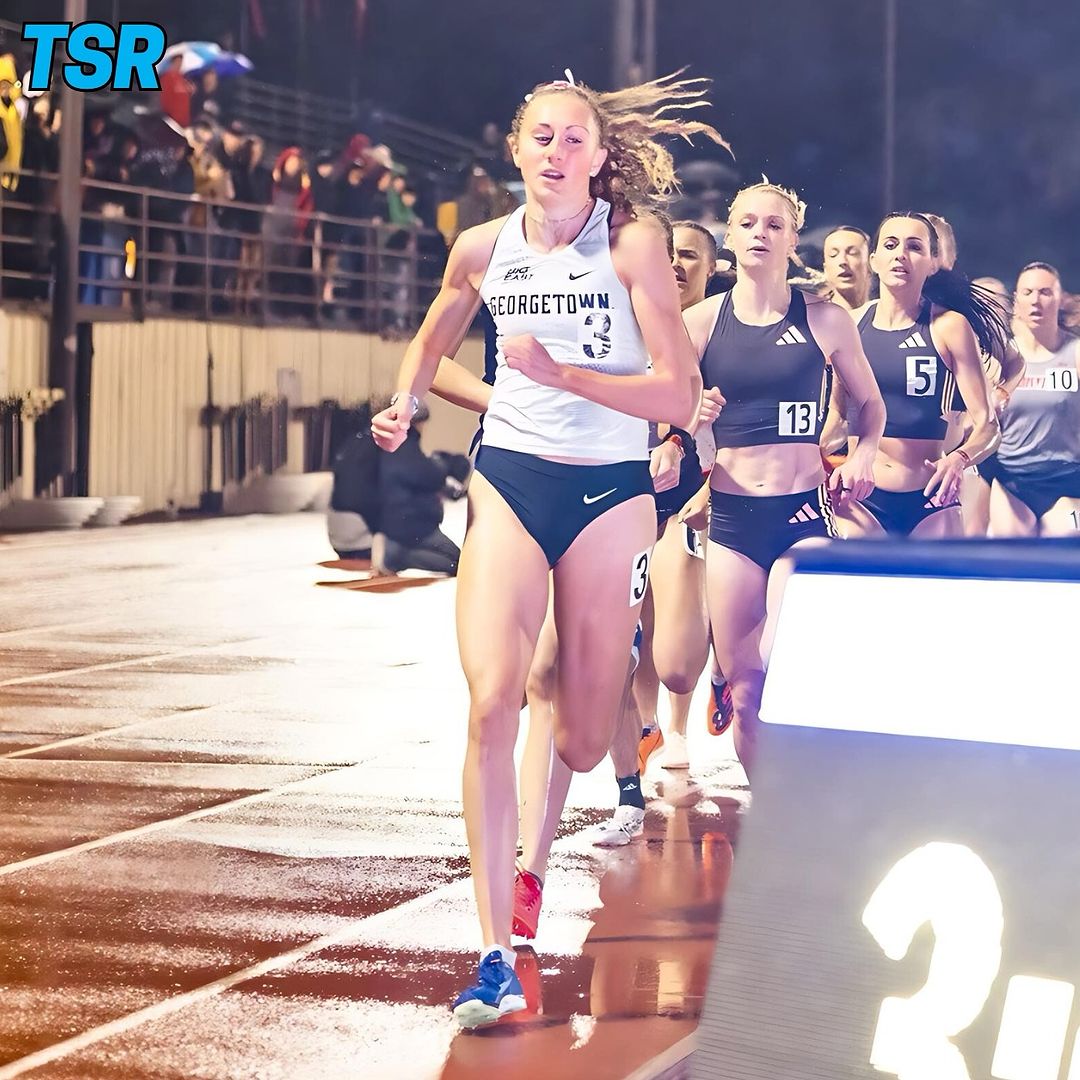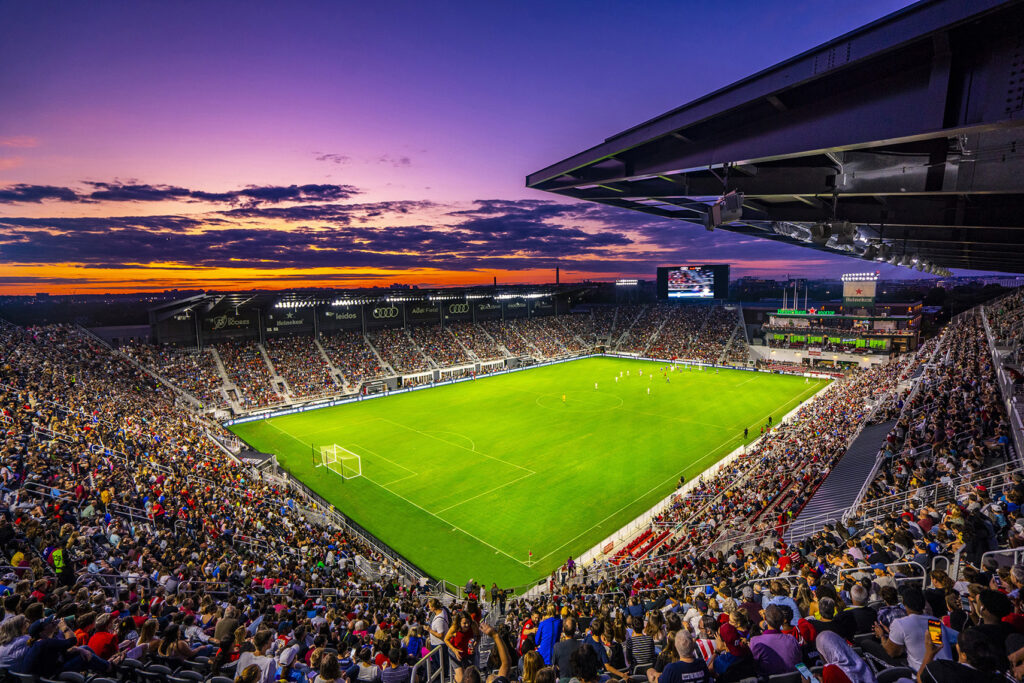Don’t let anyone fool you; football is America’s game. Baseball may be considered America’s pastime, but no sport dominates America like football does. The NFL is the world’s most valuable sports league, with roughly $9 billion in revenue every year. (The MLB is second with $7 billion, but remember, baseball teams play 162 games per season versus football’s 16.) TV ratings tell a similar story as well. In 2013, the top-10 most-watched sporting events have all been NFL games. Even the Pro Bowl — the source of yearly ridicule — was 29th on the list.
I, however, foresee that the immense popularity the NFL currently enjoys will soon drop off. In fact, I predict that in 50 years football (just like boxing and baseball of generations past) will fall to the wayside because of the concerns over player safety and brain injuries.
Football is a violent sport, but recent studies and events have shown that the sport is more than that; it is inherently dangerous and has serious long-term medical implications for athletes. Studies show that former players suffer greater rates of dementia and memory loss and are more likely to commit suicide. The injury risk is not limited to the professional or collegiate level, either, as a study from Purdue University reported that every season, between 43,000 and 67,000 high school players suffer from concussions. Furthermore, many concussions go unreported, meaning the number may exceed 100,000 players every year.
The NFL has retorted this bedrock of scientific evidence with ridiculous claims backed by former NFL doctor Ira Cason, who has testified to Congress, arguing that “there is not enough valid, reliable or objective scientific evidence at present to determine whether or not repeat head impacts in professional football result in long-term brain damage.” To counter this narrative, the NFL Players Association has funded a 10-year, $100 million study with Harvard Medical School to study the health risks of playing football.
Before a single down was played this season, the NFL and a number of retired players came to a $765 million settlement to cover the health care expenses of former players. While this may sound like a huge amount, in reality, the NFL likely owes retired players upwards of $2 billion in health care expenses. The NFL has not only denied the existence of medical risks, but also failed to provide players the information and care needed to ensure their long term health.
This settlement brings the dangers and long-term health risks of football to the front of the national discourse about player safety. This feeling isn’t only coming from overprotective moms but even from the likes of President Obama, who said that if he had a son, he would “have to think long and hard before [he] let him play football.” Even former players have been vocal in their concern about the safety risks in the sport. Four-time Super Bowl Champion Terry Bradshaw said, “If I had a son today… I would not let him play football.”
The NFL is equally concerned with this trend. In August, ESPN and Frontline partnered to release a special titled “League of Denial: The NFL’s Concussion Crisis” to document the misinformation that the NFL has been feeding to players and administrators alike about the safety of the sport. Before the special found its way onto TV, however, ESPN, under pressure from the NFL, decided not to air it. ESPN, coincidentally, has the rights to the very lucrative Monday Night Football broadcast and likely didn’t want to see those advertising dollars dry up because of the expose. The NFL is banking on the fact that the public will remain in the dark about the safety risks in the sport.
NFL Commissioner Roger Goodell has made safety a priority by trying to increase fines for helmet-to-helmet hits, promote safer tackling techniques at the NFL level and even change some of the rules to make the game safer. Many of these moves have come under scrutiny by ex-players, who fear that Goodell is turning the NFL into a flag football league. This leaves the NFL in a very tough position, because it needs to address the safety concerns of the public while also holding true to the integrity of the sport. There is no getting around the fact that football is a violent sport and that no tackling adjustments or fines will change the fact that repeated hits to the head result in concussions and serious long-term brain damage. It is this reality that will result in football’s declining popularity and eventual loss of the title “America’s most popular sport.”
Nabeel Zewail is a junior in the School of Foreign Service. BEYOND THE FIELD appears every Tuesday.








